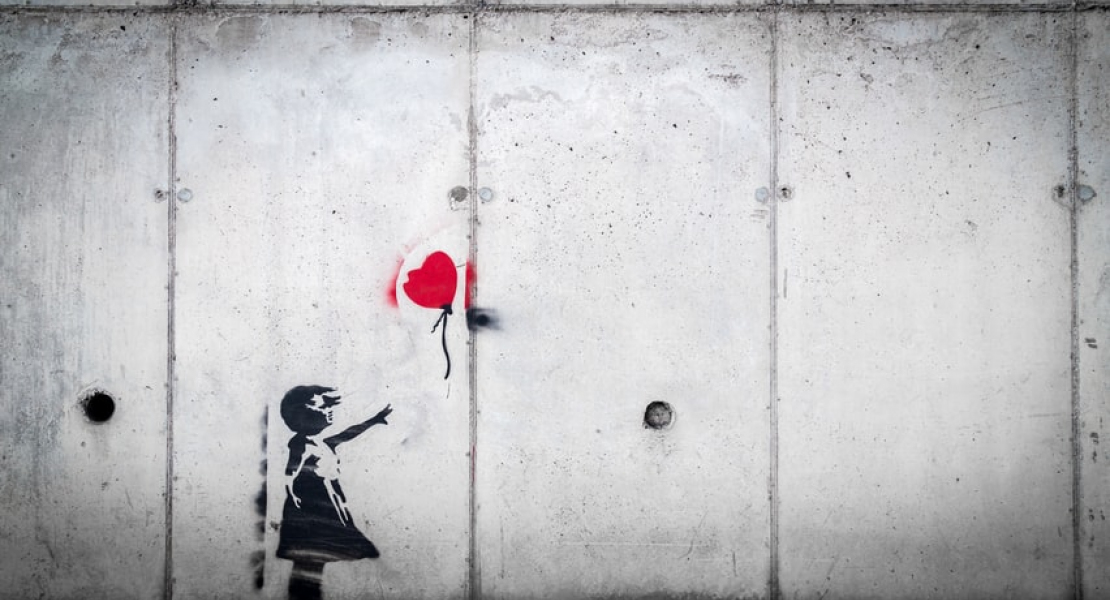Photo: Karim MANJRA
Some call my opinion about the prospects of Belarus’s protests ‘pessimistic’, and some—‘optimistic’.
Let me help reconcile the two impressions. There are countries in which it is relatively easy to remove an autocrat and very difficult to transition to a democracy. These are the countries with high inequality, deep regional, religious and ethnic conflicts, weak middle class, and lack of consensus about the legitimacy of their states. Kyrgyzstan is an example at hand. Majority of African countries also exemplify the case.
There are also countries in which it is very difficult to remove an autocrat, but if the removal succeeds, there are good chances for democratization. Low inequality, lack of serious social conflicts, strong middle class, consensus about the legitimacy of the state are the positive factors in terms of democratization. But... these same factors usually protract the process of overcoming the autocracy. Singapore, South Korea, Taiwan can be examples.
To put it shortly:
The more hatred in the society, the easier to abolish an autocrat. The more hatred in the society, the more difficult to get a (functional) democracy.
To me, Belarus falls into the category of the countries that have good chances for a good democracy, but weak chances for quick removal of the autocrat. This is why I may sound ‘pessimistic’ and ‘optimistic’ at the same time.
In a podcast organized by Östgruppen för demokrati och mänskliga rättigheter I had an opportunity to voice these and some other insights. Listen to the podcast (in English)

